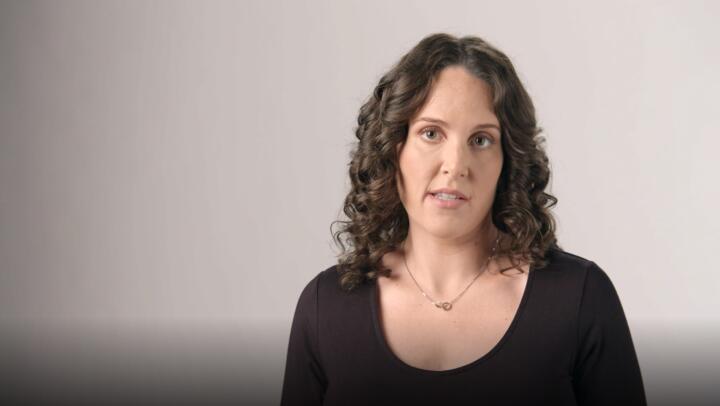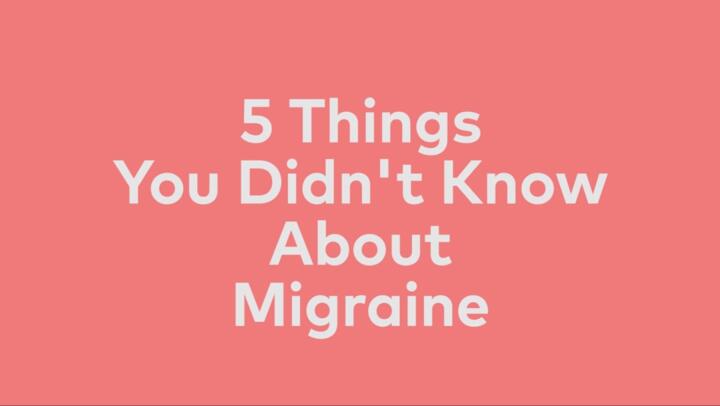
Migraine episodes are a type of headache with a variety of symptoms that can be bothersome and scary. You may experience throbbing, nausea, sensitivity to light and sound, and other difficult symptoms. Migraine episodes can be unpredictable at times and impact your day-to-day functioning. If you’re prone to migraine headaches, it’s important to understand your treatment options for this debilitating medical condition.
The best way to understand your migraine episodes is to track them by keeping a headache diary. This can help you understand the triggers that may start your headache and give you an action plan for avoiding migraine episodes in the first place. Your headache diary should include:
- Date, time and location
- Character of headache (what side of head, how it feels, associated symptoms, etc.)
- Duration of headache
- Treatment tried and its effects
- Any triggers identified (foods, stress, environment changes, relation to menses, etc.)
Treatment for migraine episodes can depend on several factors: how frequent they are, how severe they are and what other health conditions may be involved. It’s good to know that you have options whether you want to acutely treat the migraine headache when it happens or if you’re trying to prevent migraine episodes in the first place.
Whenever you have a migraine episode, early treatment for that headache is necessary to lower its intensity and duration. For mild attacks, the treatment can be as simple as acetaminophen or nonsteroidal anti-inflammatory drug (NSAIDs) that are found over the counter. For more severe headaches, you may need specific migraine medication, known as triptans, and other medications to help combat nausea and vomiting, known as antiemetics. Triptans are a class of medication targeting the variety of problems that migraine headaches cause in the brain; they are generally not recommended for people with high blood pressure and stroke. It can take some time to figure out what medications treat your migraine headaches effectively.
The more migraine headaches you have per month, the more likely you will benefit from preventive treatment. This may include regular exercise, good sleep hygiene, identifying and managing possible triggers, and taking medication. Ultimately, you and your doctor will decide if preventive medication is right for you.
Preventive medications include blood pressure medications, seizure medications, antidepressants, and new drugs called monoclonal antibodies that are the first medication specifically developed to prevent migraine episodes. Blood pressure medication, like propranolol (Inderal) is clinically effective in controlling migraine headaches; however, it is important to be aware of other medical problems since these blood pressure medications can interact with conditions like bradycardia (low heart rate), low blood pressure, asthma and diabetes. Topiramate (Trokendi XR, Topamax) and valproate (Depakene) were originally beneficial for seizure treatment but were also found to help with migraine episodes; they require starting at a low dose and monitoring for side effects. Antidepressants like amitriptyline (Elavil) and venlafaxine (Effexor) can help manage migraine headaches in patients who may have additional mood-related symptoms. And CGRP blockers like erenumab (Aimovig), fremanezumab (Ajovy), galcanezumab (Emgality), and eptinezumab-jjmr (Vyepti) block a molecule thought to instigate and intensify migraine headaches; they’ve been shown to reduce episodes by half for many people.
When beginning any preventive therapy, you’ll start with a low dose and monitor for side effects and hopefully less migraine episodes. The preventive medications are not quick fixes; it may take several months to see if the medication is helping or not. Finding the right prevention for migraine headaches takes time and patience, so talking with your doctor about the proper treatments is the first step to getting better control.



















